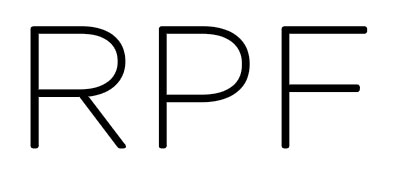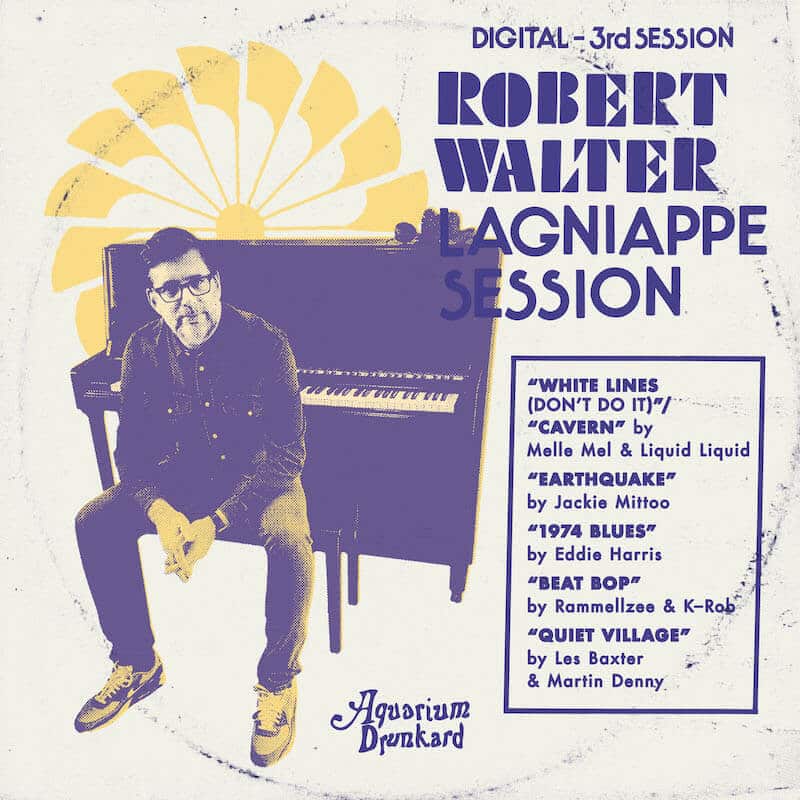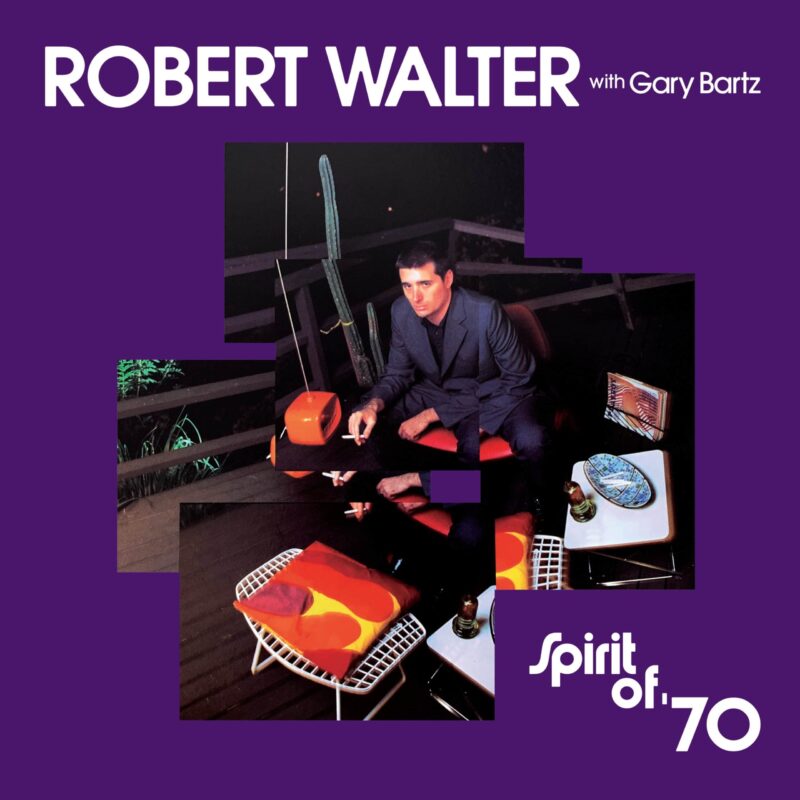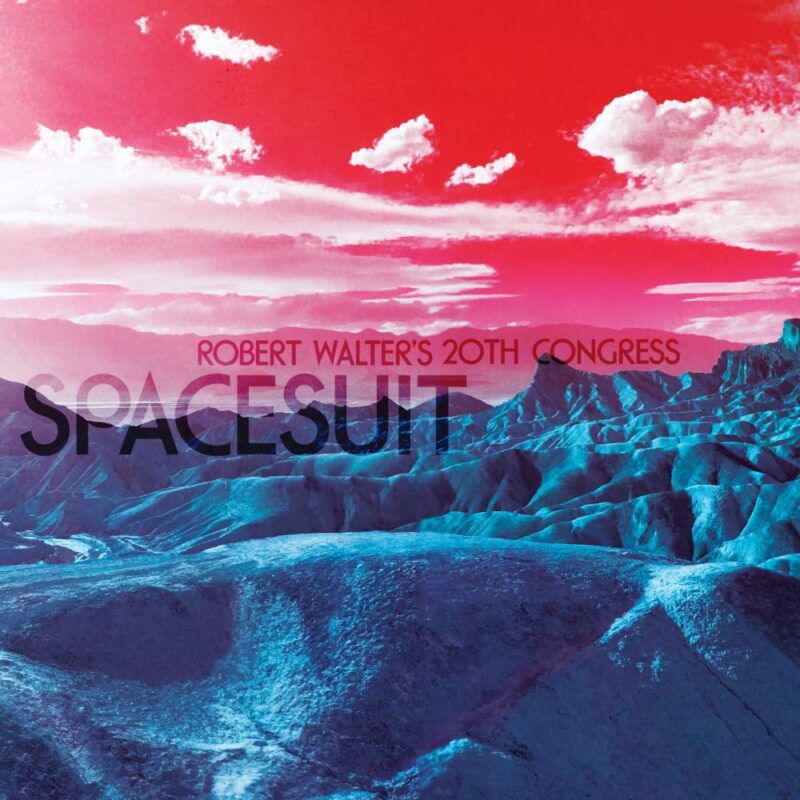Description
Robert Walter performs all his own stunts. For 20 years, the San Diego native has been pulling drawbars and pushing the limits of the Hammond B3 organ. As a founding member of the Greyboy Allstars, he helped usher in the funk-jazz renaissance of the early ’90s and has continued to keep one hand comping chords in the instrument’s funky past, while the other explores ever-new melodic terrain. On June 25, his long-standing project, Robert Walter’s 20th Congress, returns with a new album, Get Thy Bearings, via The Royal Potato Family.
It was a recent move from New Orleans to Los Angeles that jump-started Robert Walter’s 20th Congress who hadn’t recorded a studio album in ten years. The outlet for the keyboardist’s funkiest material since its inception in 1999, Get Thy Bearings pushes Walter’s organ, piano, Rhodes and synthesizer to the front of a group rounded out by guitarist/bassist Elgin Park, drummer Aaron Redfield, sax players Karl Denson and Cochemea Gastelum, and percussionist Chuck Prada—an allstar lineup in its own right. Recorded in just a few takes at Elgonix Labs—the same studio where Walter has lent his skills to Get Thy Bearings producer Michael Andrews’ film scores and productions—the album is full of raw boogaloo energy and cinematic color.
“As I’m getting older, I’m owning the style a little more,” says Walter, who spent the early part of his career immersed in the jazz, funk and soul records of the ’60s and ’70s, trying to emulate his heroes, like Big John Patton. By the end of the ’90s, Walter briefly parted ways with the hard-touring Greyboy Allstars to hone his compositional skills with the 20th Congress. Subsequent albums like Money Shot and Giving Up the Ghost pushed Walter deeper into syncopated grooves and vintage arrangements, with help from bandmates Stanton Moore, Joe Russo, George Sluppick, Mike Fratantuno and Will Bernard, and led to collaborations with jazz-funk pioneers like Harvey Mason, Chuck Rainey, Johnny Vidacovich and George Porter Jr. In 2004, Walter even relocated to New Orleans in order to be closer to this music’s spiritual and cultural foundation. This period yielded two solo records, Super Heavy Organ and Cure All, as well as a handful of sides supporting Stanton Moore.






